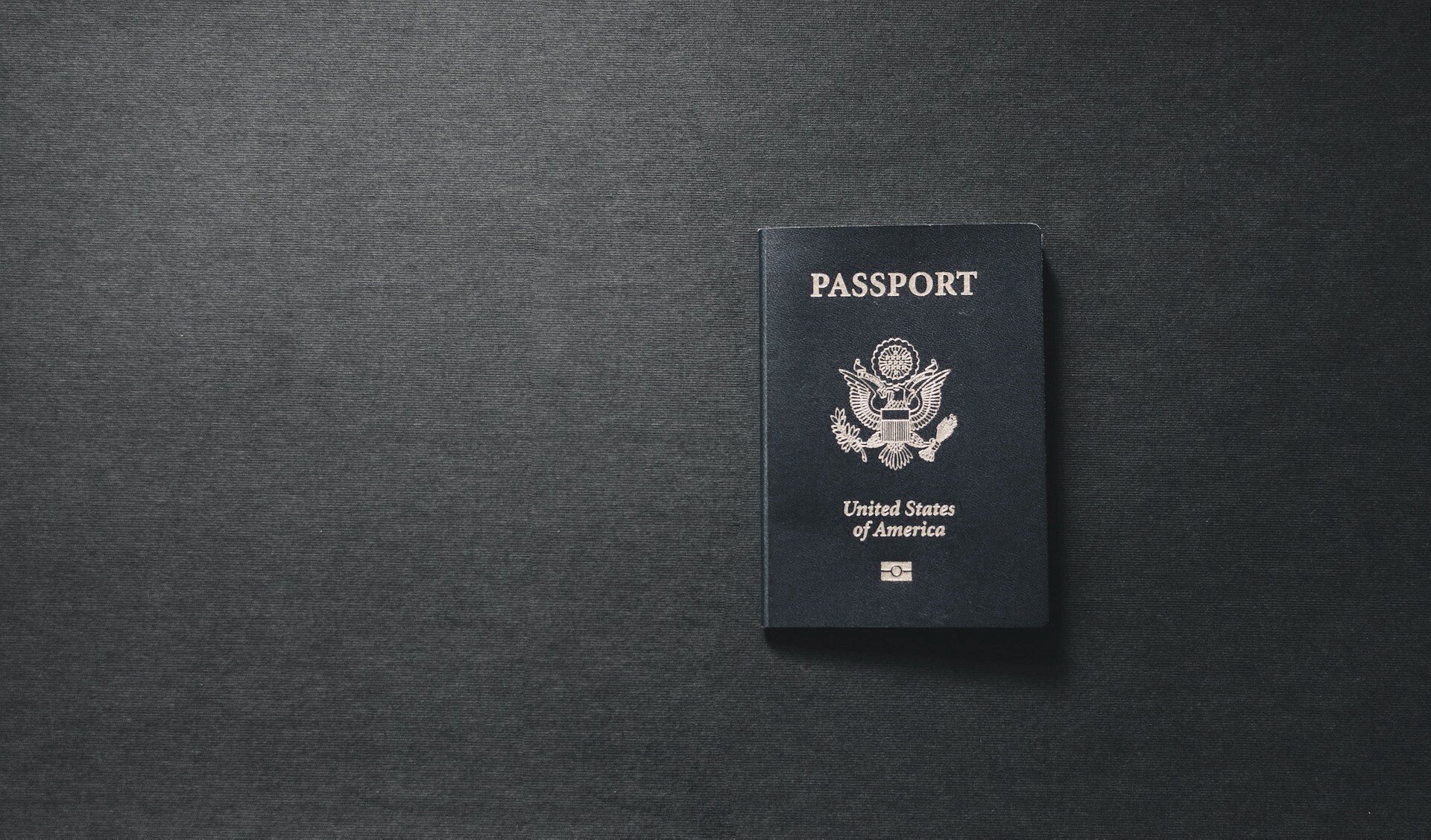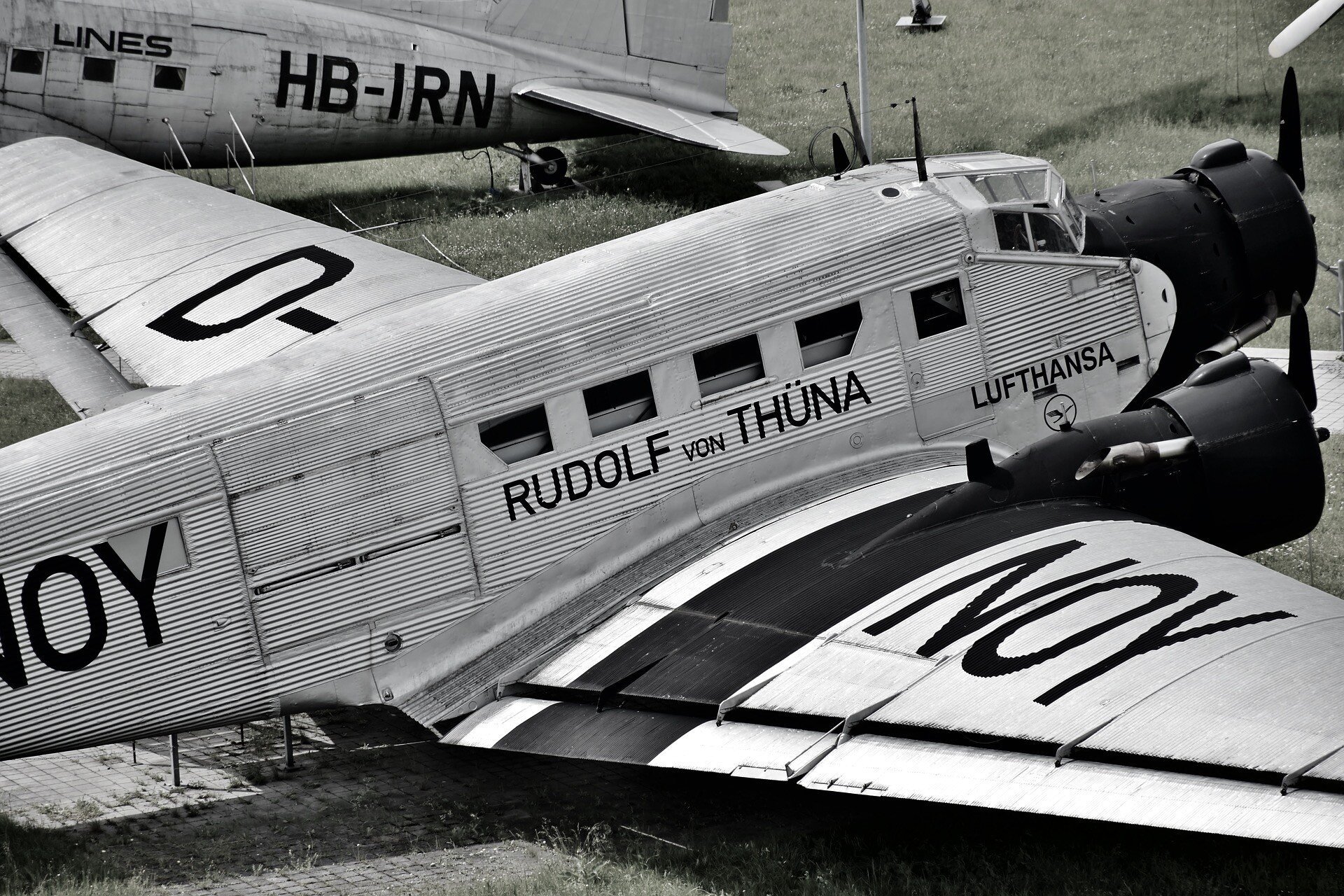Pilot Documentation
Summary
Updated: 4/27/2025 Read time: 8 min
Edits: Added Crew Member Certificate info and pilot medical age limits.
You need your pilot license, medical, FCC-restricted radio operator license, and passport to fly internationally. Depending on your operation and where you operate, you may also need a crew badge, letters from your company, visas, and permits.
Details
FAA Pilot License
While all ICAO countries recognize an FAA pilot certificate, it is not without its challenges abroad. It is not a photo ID, and depending on the customs or immigration agent, they may wonder why you do not look like Wilbur and Orville Wright.
The FAA has proposed regulations to add photo identification to existing pilot licenses, but they have not been implemented. They are obligated to do so based on IRTPA regulations, but it is not a pressing issue since they require pilots to carry another government-issued photo ID.
It is usually easier to sidestep the photo issue and have a Crew Badge. More on that later. Even so, some European airports will want to see the pilot license specifically to get through security.
If you just passed a check ride and have a temporary pilot certificate in hand, it may not be the best time to fly internationally. Plan ahead since there can be a 120-day lag from your check-ride date until you receive your new permanent license. While there is no reason for customs agents not to accept a valid and unexpired FAA document, the process always goes smoother if you give them what they expect.
Lastly, an instrument rating is required for crossing the Atlantic, per Canadian Aviation Regulation 602.39.
Medical
In the US, you only need a class of medical specific to the operation you are conducting. For example, suppose you are a commercial pilot and fly yourself via cub to the nearest sandbar. In that case, you are only exercising the privileges of a private pilot, and an FAA 3rd class medical is good enough.
Beyond the borders, it gets complicated. First of all, there is a difference between ICAO and FAA medicals:
FAA 3rd Class Medical = ICAO Class 2 Medical
FAA 1st & 2nd Class Medical = ICAO Class 1 Medical
Secondly, ICAO doesn’t directly address in Annex 1, Personnel Licensing, if they recommend medical certification by operation instead of by license.
Lastly, ICAO is not the Licensing Issuer of medicals. The specific country and how they write regulations will matter.
Europe is like the US, or I should say, EASA is like the FAA. Your medical needs to correspond to the exercised privileges of your license.
Canada requires a commercial or ATP to have a Category 1 medical certificate when exercising the privileges of that certificate. CAR 404.10(3). This regulation is for Canadian pilots, and technically, a Canadian Category 1 is not the same as an FAA 1st Class, although they are equivalent.
Other countries should respect the FAA’s licensing authority, but don’t expect a foreign aviation authority to be familiar with this deep dive into international medical regulations.
Simplify your life. If you have a commercial or ATP license, get an FAA 1st-class medical. If you do not need a commercial or ATP license, do not pursue one and subject yourself to additional medical scrutiny.
Note that Basic Med is only valid in the US, Mexico, and the Bahamas. To fly internationally elsewhere, you need at least an FAA 3rd-class medical.
Note 2: If you are planning an extended international trip, check that your medical will not expire before your return. Another difference is that ICAO medicals expire 6 or 12 months from the examination date, not to the end of the calendar month. There are some FAA-approved medical examiners abroad, but not many. You can search for Aviation Medical Examiners by location through the FAA Designee Locator.
Note 3: EASA pilot age restrictions are only for commercial operators - airlines and charter. Pilots aged 60+ cannot fly single-pilot commercial operations. Pilots aged 65+ are barred from any commercial operations.
FCC Restricted Radio Operators License
Besides the Restricted Radio License required for aircraft, the pilot needs their own Restricted Radio Operators License. When you fly domestically, your pilot license authorizes you to transmit over aircraft comms. To do the same internationally, you need a restricted radio operator license from the FCC.
The restricted radio operator license can be obtained through the same process: the FCC website. The website has the same disclaimer, and it is tough to navigate:
Create an online account or log in at the FCC Commission Registration System (CORES). Obtain an FRN number or associate your existing FRN with your account.
Apply for a Restricted Radio Operators license Form 605 Schedule E this time.
Pay another $70.
The license will be emailed to you.
Passport
Bring it. Don’t lose it. If you lose it abroad, you must reapply through a US embassy or consulate (read long delays). Emergency passports can be issued on short notice if there is a real emergency.
When crossing a customs border, ensure all passengers have their passports before closing the doors. This is an excellent time to mention that you should be aware of additional requirements, such as visas when you fly across borders with non-US residents.
Here are some simple visa guidelines for flying in and out of the US:
US citizens and US permanent residents are no problem.
Do not fly foreign nationals into the US unless you flew them out first.
Operations beyond this are possible if you are a Signatory Carrier through the Visa Waiver Program.
I digress; if your passport is approaching its expiration, get a new one well in advance. Some countries require your passport to have at least six months left before it expires to let you in. This ensures your temporary stay will not be prolonged due to passport issues.
A second passport may be a good idea for backup or flying into countries that are not recognized by other countries, such as Israel. You may not be allowed to enter some nearby countries with an Israeli stamp on your passport.
Crew Badge
This may be the single most helpful document you can get.
First of all, what it is not:
It is not TSA Known Crew member authorization
It is not a security pass
It does not replace a pilot license
It is not a required document
So what good is it?
A crew badge is a picture ID issued to show that you have been verified as a crew member, whether that’s a pilot, flight attendant, or mechanic. ICAO Annex 9 Appendix 7 calls them Crew Member Certificates. This allows airport operators to provide efficient security processing of crewmembers to avoid unnecessary delays. You still go through security, but you may get access to a shorter line.
To get one, you have to work with your handler or a third-party company, such as the International Business Aviation Council (IBAC). It is a painless application process and minimal fee, so if you are a bonafide crew member, I highly recommend getting one for international trips.
Company Letter
Your aircraft is probably owned by a business or LLC, even if an individual is the owner. A letter from that business should state what pilots are authorized to fly the aircraft.
This has to do with how operational control is interpreted by other countries. In the US, operational control is a technical term that defines who is liable for any given flight. In Europe, operational control is exercised by the pilots.
While I have not been asked to provide this letter, I keep one around to show I am legitimately flying an aircraft I do not own. You can create one HERE.
Visas & Permits
Visas and permits are not currently required for Part 91 operations to Europe and back. However, assume you need them everywhere you go for 135 operations.
Currently, US citizens who stay less than 90 days are exempt from visa requirements in Europe, but that is changing.
The European Travel Information and Authorization System (ETIAS) Visa Waiver Program will be implemented at some point, though it has already been delayed several times. For more information, you can read ahead to the Customs Article further along our journey.
Aviate
All documents: create digital copies.
Medical and Passport: Check they will be current through the end of the international trip (+6 months for the passport).
FCC License: apply for one if you don’t have it. If you do have one, register it with the FCC CORES website (they recently updated their system, so if it’s been a while, you may have to re-register). While you’re there, check the expiration date of your license.
Note: The aircraft you are operating also needs an FCC license. Details are located in Aircraft Documentation.
Crew Badge: Obtain badges for all crew through your handler or a third-party provider, such as the International Business Aviation Council (IBAC). (IBAC).
Download a customized Company Letter (and discrepancy/journey log).
Navigate
Article 2 of 22 on your international operations journey. Eject at any time to land at international articles.






